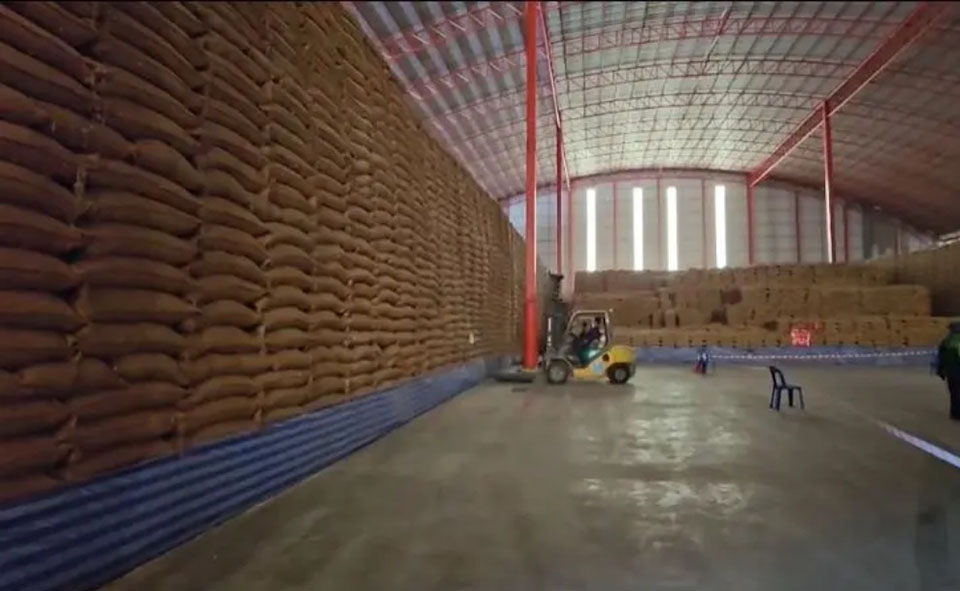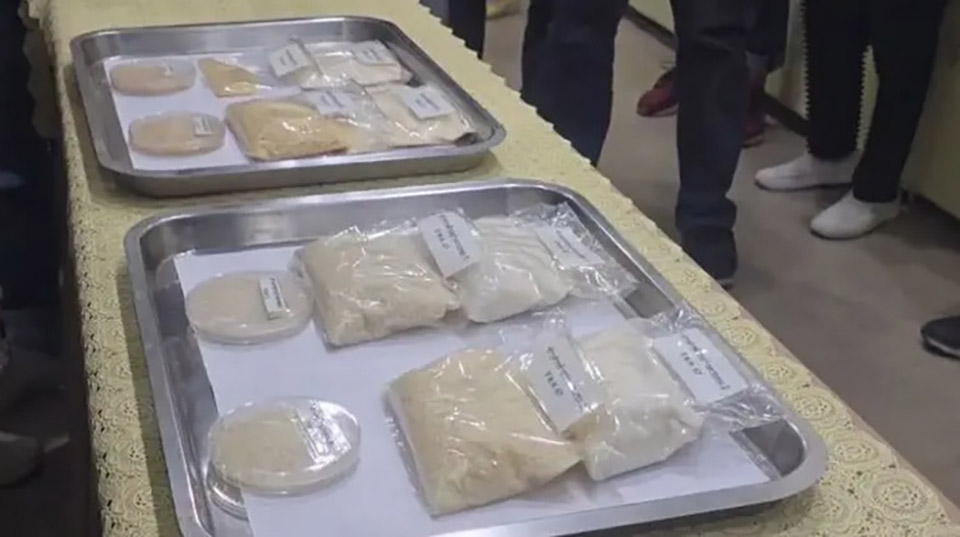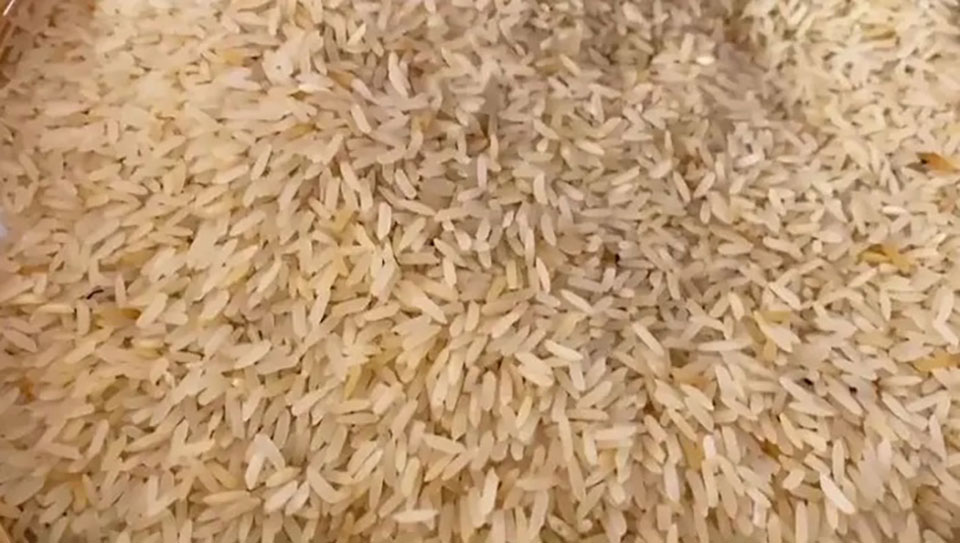
The Department of Medical Sciences has announced the results of its tests on rice samples received from the Ministry of Commerce, confirming that the 10-year-old rice from the government stocks is free from harmful toxins and safe for consumption.
Dr. Yongyos Thammawut, Director-General of the Department of Medical Science, presented the findings of the tests conducted on rice samples received from the Ministry of Commerce on May 10.
The tests aimed to identify chemical residues, fungal contamination, and assess the rice’s nutritional quality using ISO/IEC 17025 certified quality standards. The tests were conducted in world-class laboratories, ranked among the top 5 in the world and 3rd in Asia.
The testing process involved both visual inspection with the naked eye and under a microscope, as well as odor evaluation. Safety assessments included testing for fungal toxins, fumigation residues, and 250 types of agricultural chemicals. The rice was also analyzed for heavy metals and nutritional value, with high-precision results.

The safety tests found no traces of fungal toxins, with repeat testing confirming the results. Heavy metal levels were within safe limits, and nutritional analysis revealed no significant differences in carbohydrate content or other nutrients compared to commercially available rice. The rice retains its nutritional value and is safe for consumption.
The rice in question is part of the government’s rice stockpiles under the rice pledging program. It is stored at Poonphol Trading Co., Ltd. and Kittichai Warehouse in Surin Province.
Public auctions for the rice are expected to take place within this month, with an estimated average price of 18 baht per kilogram.
There has been some debate on social media about whether rice stored for up to 10 years is safe to eat due to repeated fumigation, which has caused the rice to turn yellow. However, the Department of Medical Science’s testing has confirmed that the rice is safe for consumption. (TNA)









